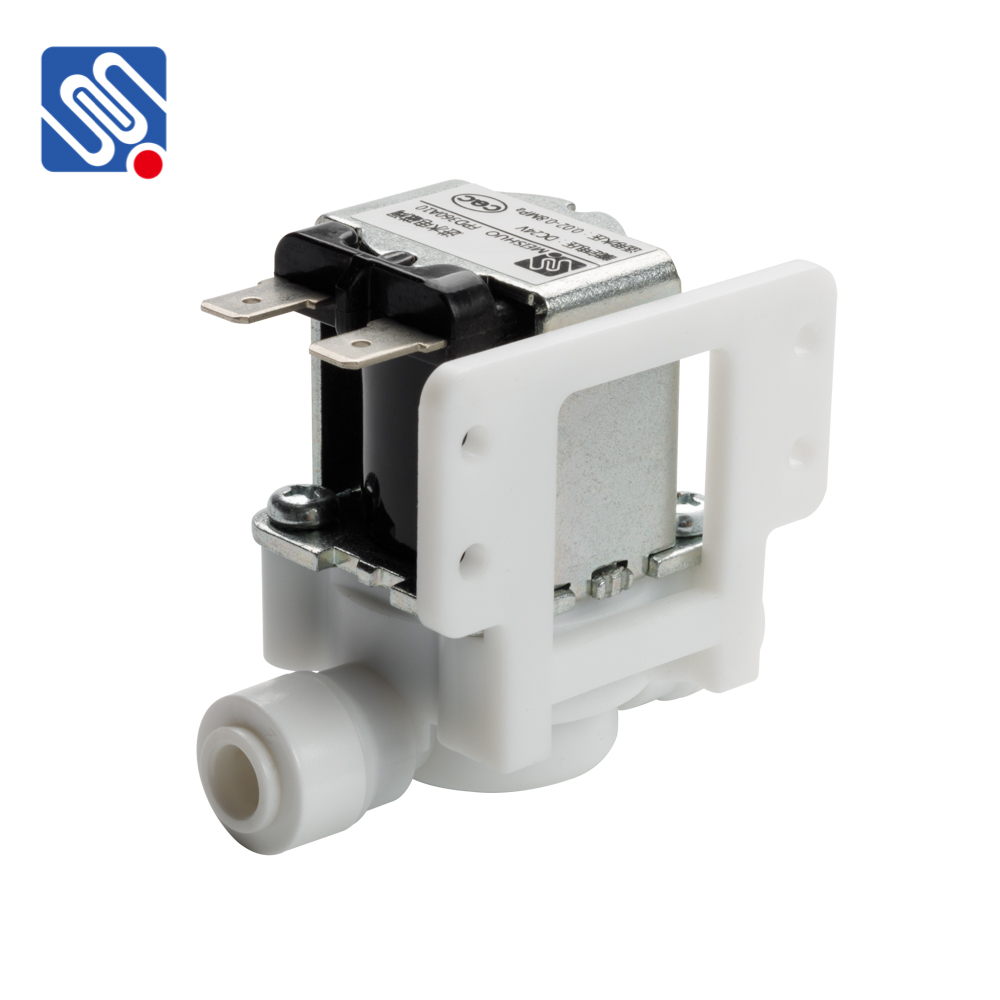stainless steel and plastic solenoid valves: a comparison of durability and performance
Release time:2025-03-25 04:43:26
Solenoid valves are integral components used to control the flow of liquids and gases in a wide variety of industries. These valves are typically activated by an electric current, making them highly efficient and reliable. Among the various types of solenoid valves available, stainless steel and plastic solenoid valves are the most commonly used materials, each offering distinct advantages and suited to different operational environments. This article delves into the differences between these two types of solenoid valves, highlighting their unique properties, applications, and performance, with a special focus on the innovative offerings from Meishuo.

Stainless Steel Solenoid Valves Stainless steel solenoid valves are known for their excellent strength, durability, and resistance to corrosion. Made from stainless steel alloys, these valves can withstand harsh conditions, including high temperatures, extreme pressure, and exposure to various chemicals. They are widely used in industries where reliability and long service life are paramount, such as in the oil and gas industry, chemical processing plants, food and beverage manufacturing, and pharmaceutical industries. One of the key benefits of stainless steel solenoid valves is their robustness. Stainless steel is a highly durable material that can endure extreme mechanical stress and thermal conditions. These valves are well-suited for applications requiring high-performance standards, where the material's ability to resist wear, corrosion, and contamination is crucial. The resilience of stainless steel also ensures that these valves can operate under a broad range of temperatures and pressures without compromising their integrity.

